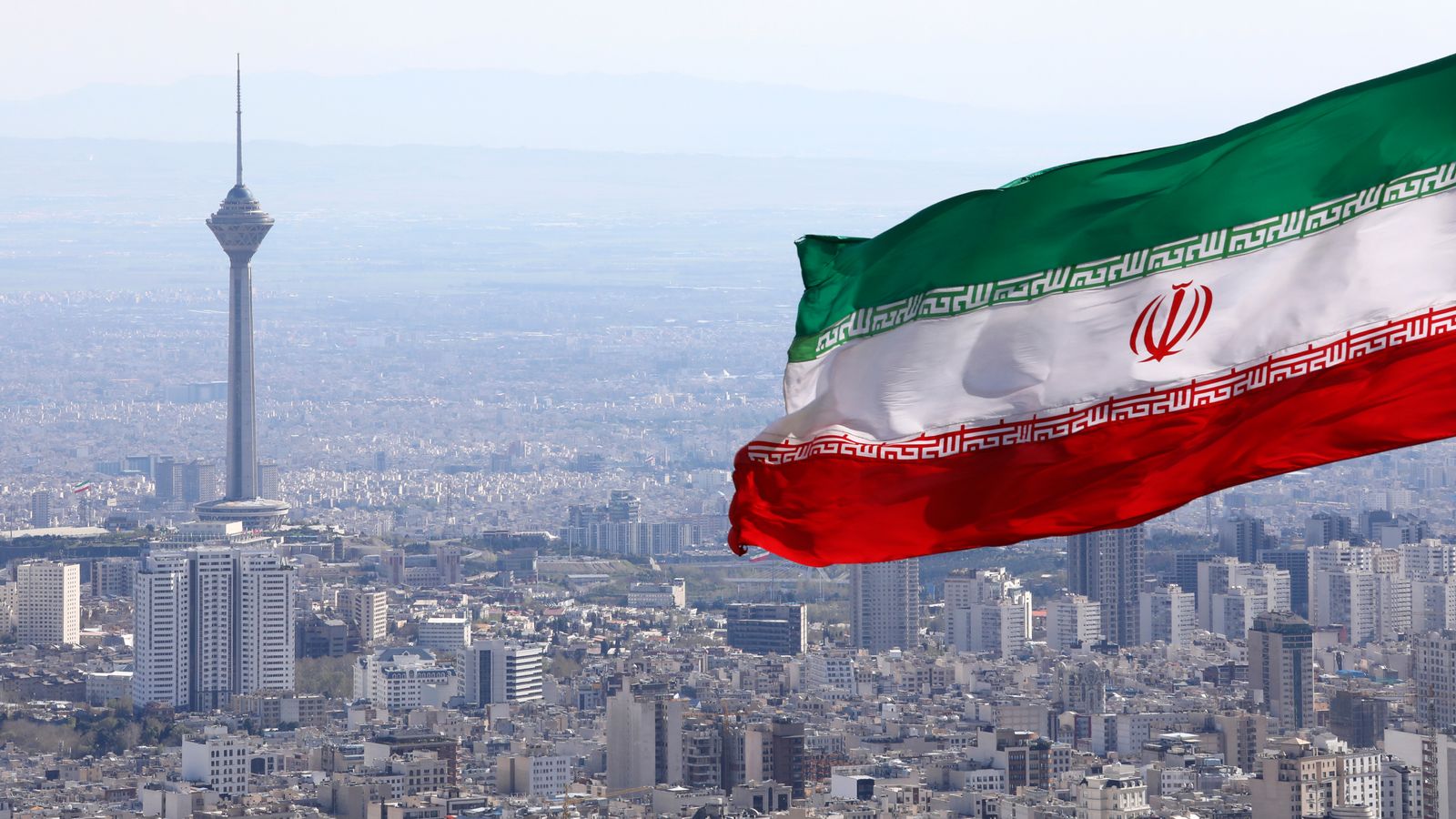Top hedge fund manager Joseph Edelman will quit Brown University’s board of trustees to protest a planned vote on whether the Ivy League school should exit its investments in companies that have business ties to Israel.
Edelman, who founded Perceptive Advisors that specializes in health care and biotech, wrote in the Wall Street Journal that the school has shown “weakness” in backing down to hard-left student protesters and is instead “promoting antisemitism.”
The board vote, slated for next month, was agreed to as part of a deal brokered to end months of on-campus rallies against Israel’s incursion into Gaza after the October 7 massacre.
“As a member of the Brown University board of trustees, I disagree with the upcoming divestment vote on Israel,” Edelman wrote.
“I am concerned about what Browns willingness to hold such a vote suggests about the universitys attitude toward rising antisemitism on campus and a growing political movement that seeks the destruction of the state of Israel.”
Self-styled human rights campaigners claim that investors should pull their money out of companies that do business in Israel in the same way that the West isolated the South African apartheid regime.
Dubbed the “boycott, divestment and sanctions” movement (BDS), anti-Israel protesters say it would force Jerusalem to agree to a Palestinian state.
But Edelman, whose firm manages roughly $10 billion in assets, took aim at Brown leadership for giving ground to “political and economic warfare” after last year’s terror attack by Hamas that killed 1,200 people.
“I find it morally reprehensible that holding a divestment vote was even considered, much less that it will be held especially in the wake of the deadliest assault on the Jewish people since the Holocaust,”he wrote in his WSJ op-ed.
“I dont wish to imply that any real principles informed Browns decision to hold a divestment vote: It was made not based on facts or values but based on weakness toward student activists,” the Stern School of Business alum added.
“Israel, like all nations, has a moral duty to defend its citizens from terrorist attacks, and that is exactly what it has been doing. It is revealing that of all the countries in the world, only Israel is expected to restrain itself because of the civilian lives that will tragically be lost in war.
“The university leadership has for some reason chosen to reward, rather than punish, the activists for disrupting campus life, breaking school rules, and promoting violence and antisemitism at Brown.”
Brian Clark, a spokesperson for Brown University, said: “While we value the service of our former trustee, he has a fundamental misunderstanding of the decisions that led to the upcoming vote on divestment.”
Clark said any university community member can make a proposal for divestment but that “does not pre-determine the merit or outcome.”
“As an educational institution, Brown is and must be a campus that confronts and interrogates difficult questions,” he added.
Israel-bashing demonstrators are calling for Browns $6 billion endowment fund to exit any positions with as many as 10 companies such as Airbus, Volvo and Boeing and end the schools alleged complicity in the oppression of Palestinians.
They are also demanding a comprehensive screening procedure for any future investments that the fund makes.
The Brown Divest Coalition struck a deal with college bosses for a vote to be held this October in return for ending the months of pro-Hamas protests that engulfed the Rhode Island campus.
That agreement angered billionaire real estate mogul Barry Sternlicht, who paused donations to his alma mater.
Jane Dietze, Browns chief investment officer, has presided over a 70% increase in the endowment’s funds value since she took up her post in 2018.
But she revealed in an interview with the school’s website that the protesters’ demands will be almost impossible to meet because there is only “4% of the endowment that is directly invested by Brown” while the rest is handled by third parties such as hedge funds or private equity firms.
In the 1980s, endowments generally owned stocks directly, so if you wanted to sell your shares of, say, Coca-Cola to communicate a desire that Coca-Cola stop doing business in South Africa, that was a simple process.
Endowments today overwhelmingly invest through external managers, Dietze added.
The complexity of modern-day endowment investments mean that Brown cannot cash out of certain funds for a number of years.
The endowments are also a key source of financing for major colleges, helping to bankroll university programs or scholarships.
Rhode Islands 2016 anti-BDS laws do not apply to private institutions such as Brown University.
Protests have taken place since the October 7 massacre at other top colleges across America as pro-Palestinian activists try to pressure university leadership into cutting any ties with Israel.
UPenn president Liz Magill and Harvard supremo Claudine Gay were forced to resign after disastrous testimony to Congress in December in which they declined to say whether calling for the genocide of Jews would breach school rules.







